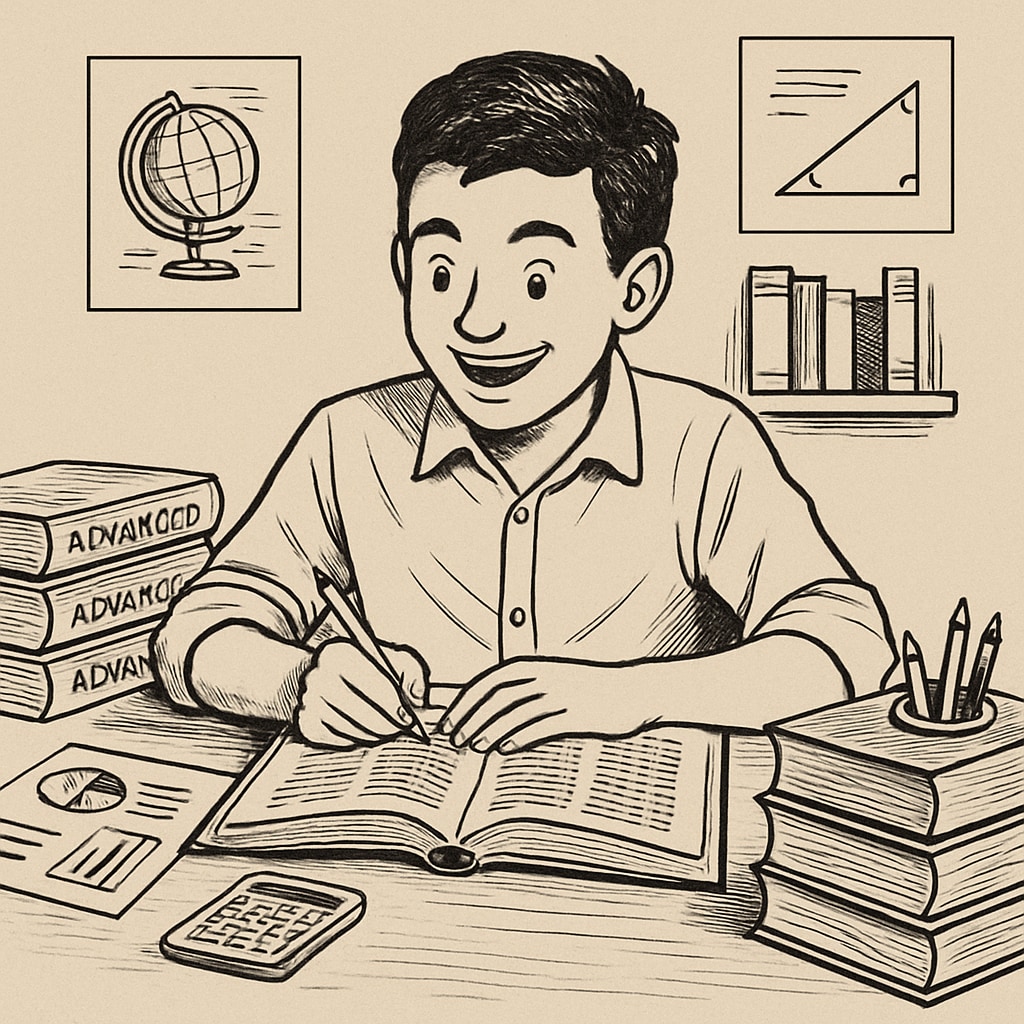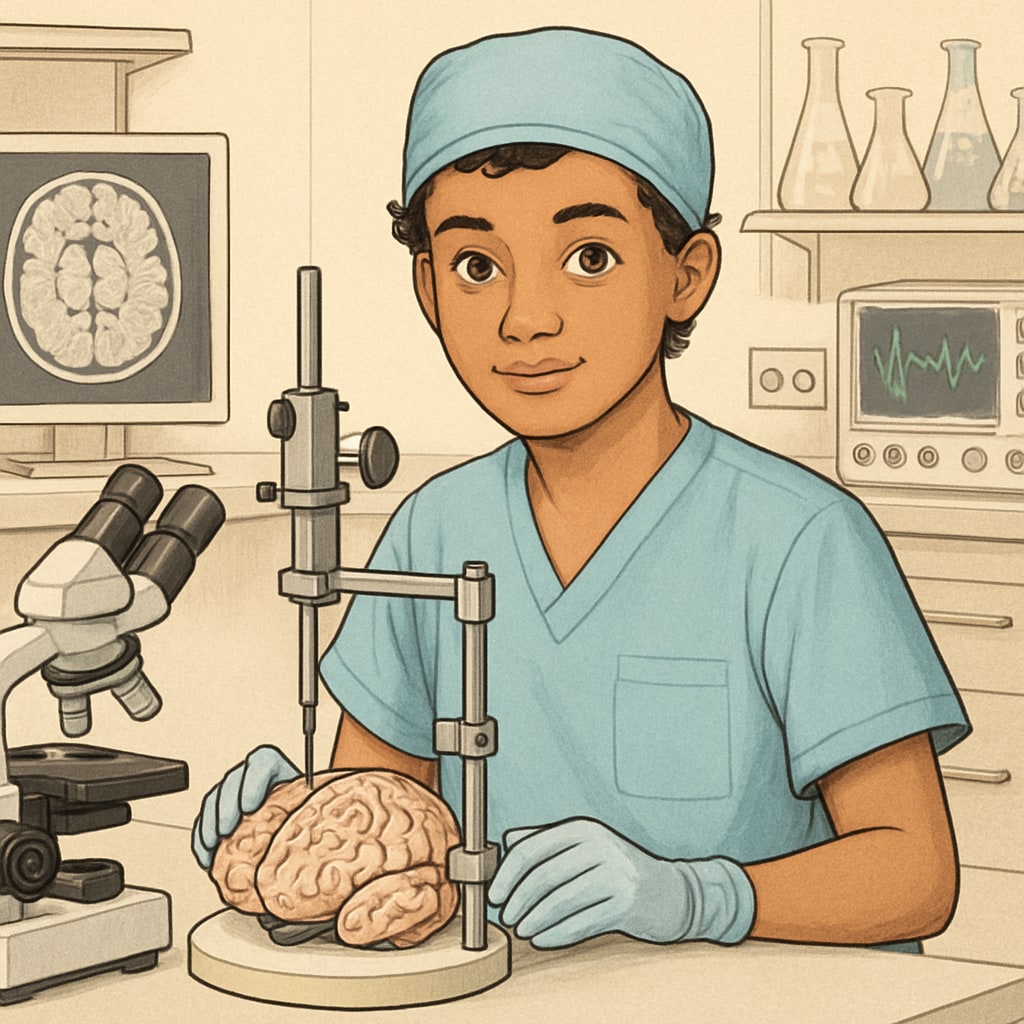For gifted students with aspirations as ambitious as becoming neurosurgeons, their academic journey demands more than just maintaining high academic performance. Achieving excellence in fields like neurosurgery requires a combination of advanced learning resources, personalized support, and a system that fosters their passion while addressing unique challenges. In this article, we explore how parents, educators, and mentors can provide the right academic tools to help these talented students achieve their full potential.
Understanding the Challenges Gifted Students Face
Gifted students often encounter challenges that are overlooked due to their apparent academic success. While they may excel in traditional classroom settings, their needs often go unmet in areas such as intellectual stimulation, social-emotional support, and access to advanced resources. For example:
- Under-stimulation: Standard curricula may fail to challenge them, leading to boredom and disengagement.
- Social isolation: Their advanced abilities can make it difficult for them to connect with peers, causing feelings of loneliness.
- Pressure to perform: High expectations from others can create stress and anxiety, impacting their mental well-being.
Recognizing these challenges is the first step in addressing the needs of gifted students and providing an environment where they can thrive.

Strategies for Enhancing Academic Excellence
To support gifted students in their journey toward demanding careers like neurosurgery, it’s essential to go beyond traditional education frameworks. Here are key strategies to consider:
- Access to Advanced Learning Resources: Providing access to college-level courses, online platforms like Coursera, or academic journals can help students explore topics in-depth.
- Mentorship Programs: Connecting students with professionals in their field of interest, such as neurosurgeons or medical researchers, can provide valuable insights and motivation.
- Encouraging Independent Projects: Allowing students to undertake self-directed research projects encourages critical thinking and problem-solving skills essential for careers in neurosurgery.
In addition, schools and parents can work together to create an Individualized Education Plan (IEP) that aligns with the student’s academic goals and learning preferences.

Balancing Academic Passion and Well-Being
While academic success is important, maintaining a balance between academic passion and emotional well-being is equally critical. Gifted students often push themselves to excel, sometimes at the cost of their mental health. To avoid burnout, consider the following:
- Encourage Extracurricular Activities: Participation in sports, arts, or community service can help students decompress and develop a well-rounded personality.
- Mindfulness and Stress Management: Teaching techniques such as meditation or mindfulness can help students cope with stress and build resilience.
- Foster a Supportive Environment: Open communication with parents, teachers, and peers can create a network of support where students feel understood and encouraged.
By addressing both academic and emotional needs, gifted students can sustain their motivation and continue their journey toward ambitious goals like neurosurgery.
The Role of Technology in Supporting Gifted Students
Technology plays a pivotal role in expanding learning horizons for gifted students. Tools like virtual reality (VR) simulations allow students to explore complex concepts, such as the anatomy of the human brain, in an engaging way. Similarly, platforms like Khan Academy offer free resources that cater to advanced learners. By integrating these tools into their learning plans, students can gain a deeper understanding of their field of interest.
Furthermore, online forums and communities for gifted students provide a space where they can connect with like-minded peers, share ideas, and collaborate on projects. This sense of community can significantly enhance their learning experience.
In conclusion, supporting gifted students requires a multifaceted approach that combines academic resources, emotional well-being strategies, and technological tools. By addressing their unique needs and nurturing their aspirations, we can help these exceptional individuals achieve their dreams—whether it’s becoming a neurosurgeon or excelling in any other ambitious field.


